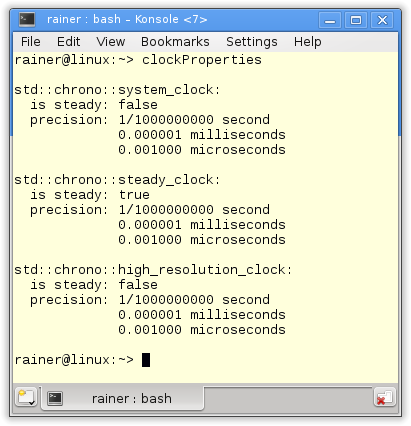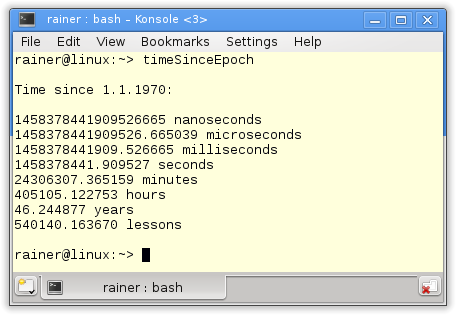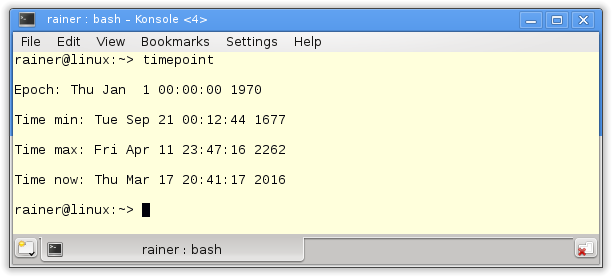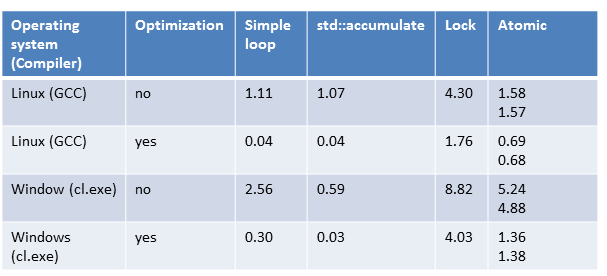
The Time Library
/
0 Comments
A blog dealing with multithreading in modern C++ but not writing about the new time library is incomplete.…

Dining Philosophers Problem III
This post ends the mini-series about the dining philosophers problem by Andre Adrian. Today, he applies…

Dining Philosophers Problem II
In the last post "Dining Philosophers Problem I", Andre Adrian started his analysis of the classical…

Dining Philosophers Problem I
At Christmas time, I had a few nice discussions with Andre Adrian. He solved the classical dining philosopher's…

Sleep and Wait
The new time library is an important component of the threading interface. As well, as threads, locks,…

The Three Clocks
A clock consists of a starting point and a time tick. C++ offers with std::chrono::system_clock, std::chrono::steady_clock,…

Time Duration
Time duration is the difference between two time points. It will be measured in time ticks.
Time…

Time Point
The starting point (epoch) and the additional time duration define the time point. It consists of two…

The Time Library
A blog dealing with multithreading in modern C++ but not writing about the new time library is incomplete.…

My Conclusion: Summation of a Vector in three Variants
After I've calculated in three different ways the sum of a std::vector I want to draw my conclusions.
The…
